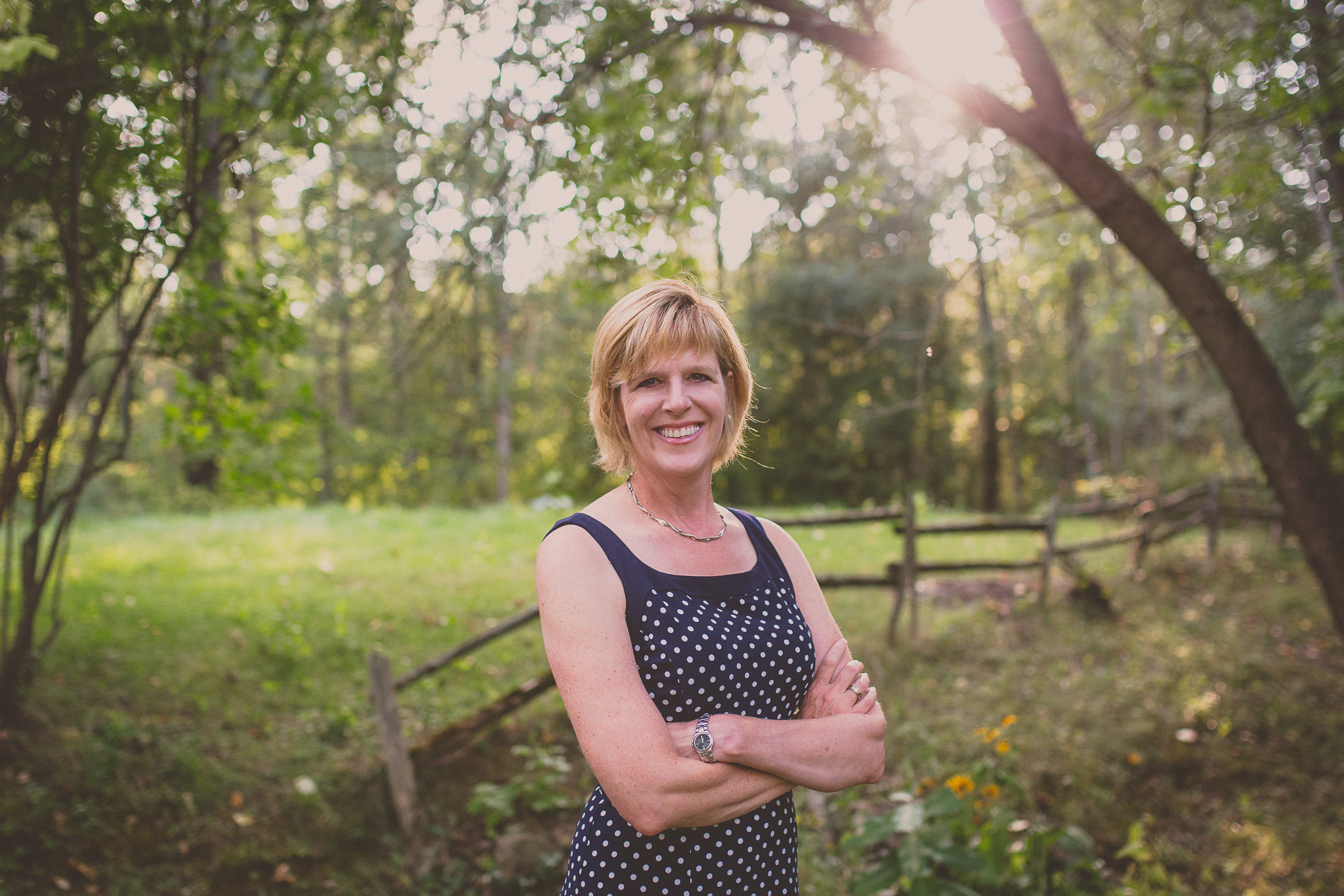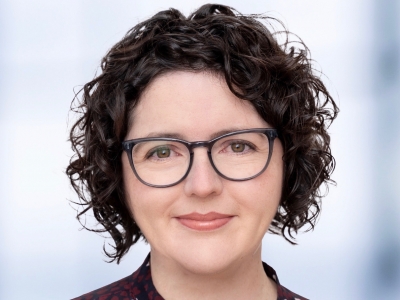
Professor Sarah Todd
As a professor in the School of Social Work, Sarah Todd and her colleagues had noticed that many experienced social workers were far more skilled at working through uncertainty than many new social workers. But they didn’t have a strong sense of why. What do these social workers do or say that makes the difference?
Todd will be considering that question with fellow professors Kenta Asakura and Pamela Grassau in the School of Social Work, with the help of a $156,213 grant from the Social Sciences and Humanities Research Council (SSHRC).
The team will use simulation and reflective data to explore when and how students and practitioners negotiate uncertainty; as well as the similarities and differences in how practitioners with varying levels of experience engage uncertainty.
“We hope by understanding the differences between how social workers negotiate uncertainty, we can enhance our training of new social workers so that we might increase their capacity to develop these skills and be better practitioners,” explains Todd.
The goals for the project include:
• To understand what moments in practice participants experience as uncertain;
• To articulate the range of knowledge-claims and skills social workers use when encountering uncertainty;
• To differentiate between the knowledge and skills used by students, new, and seasoned practitioners when encountering uncertainty; and
• To theorize how uncertainty is encountered in practice to guide the development of clinical practice pedagogies.
Monday, May 11, 2020 in General, News, Research, School of Social Work
Share: Twitter, Facebook



